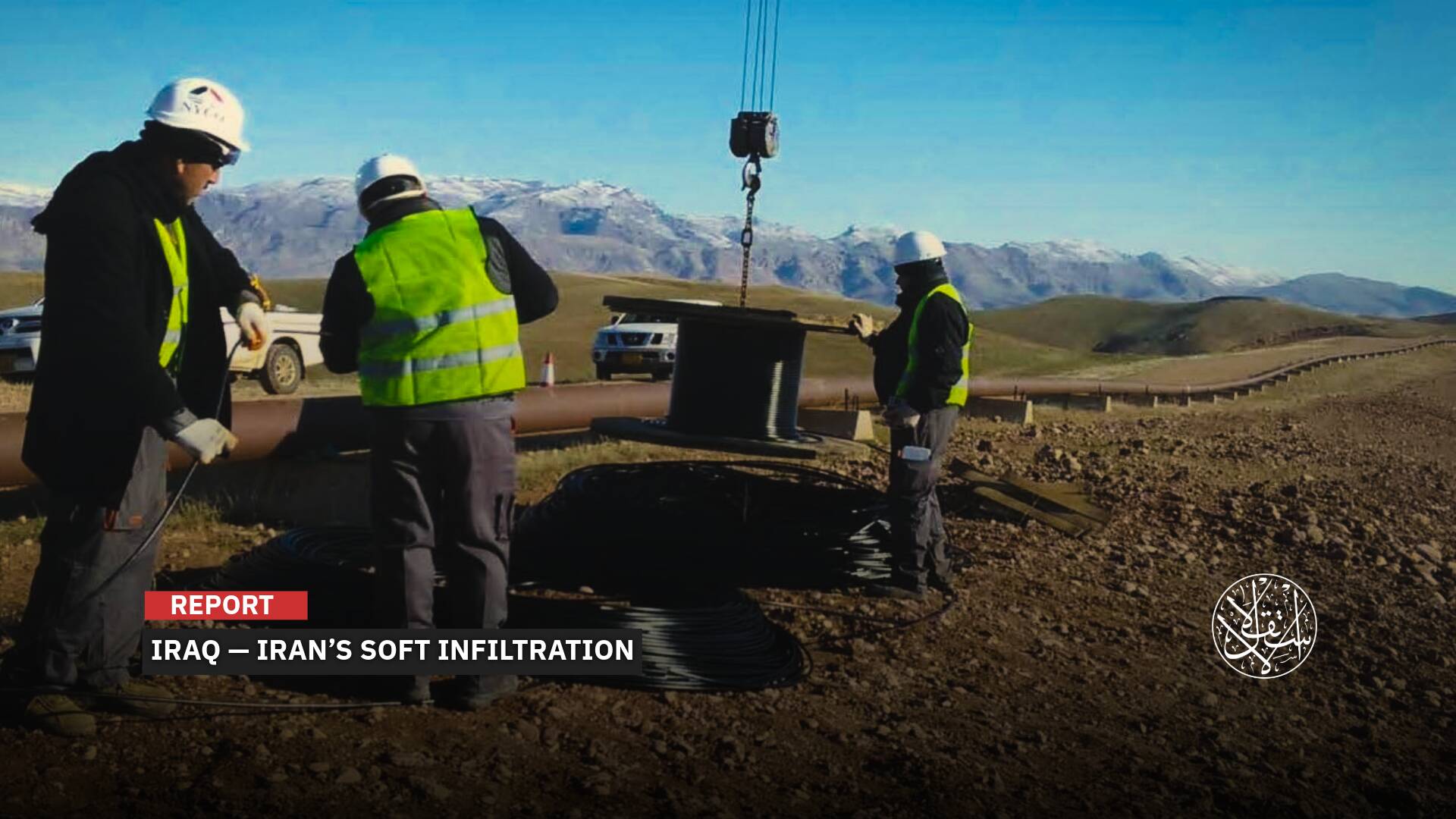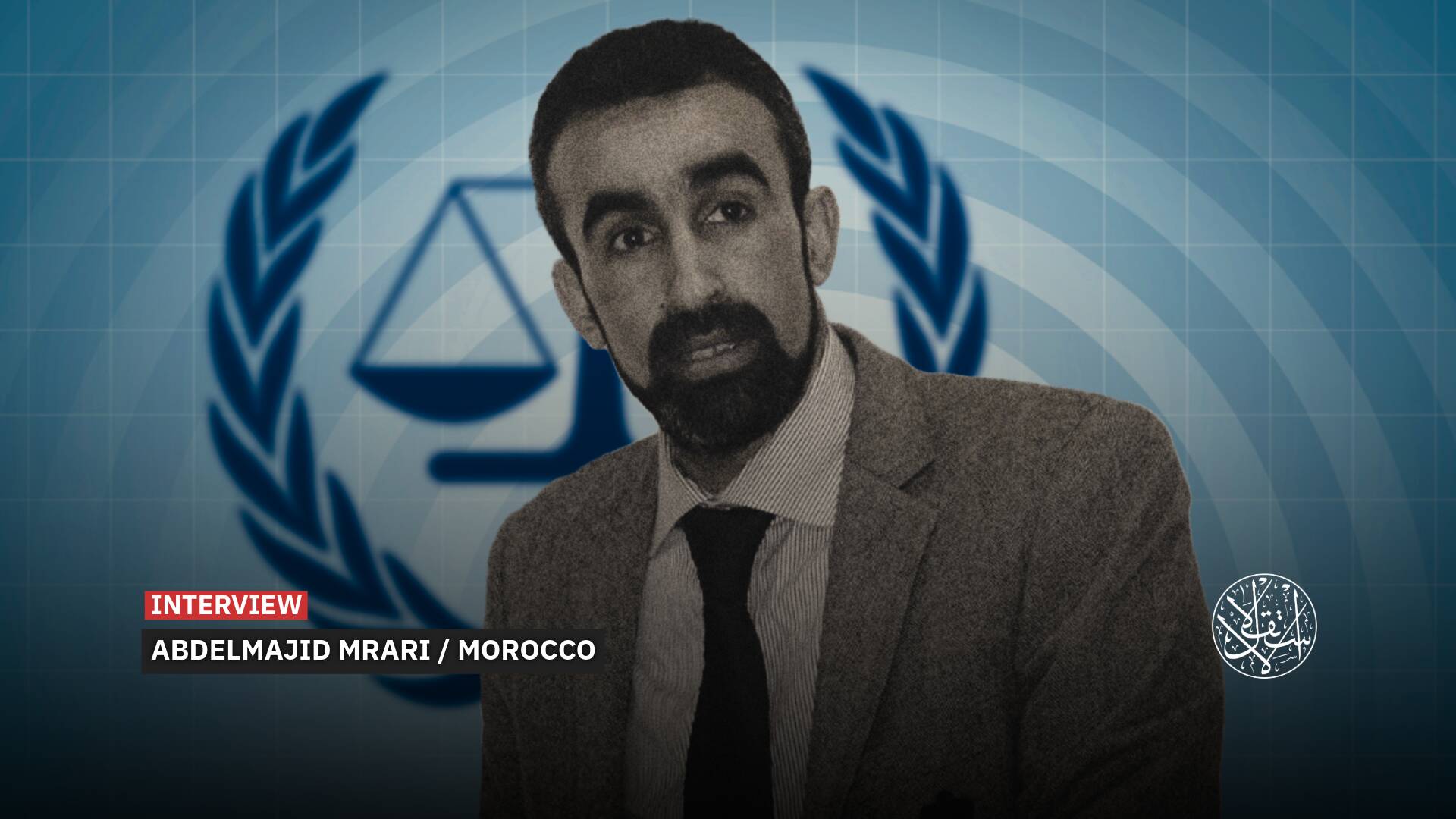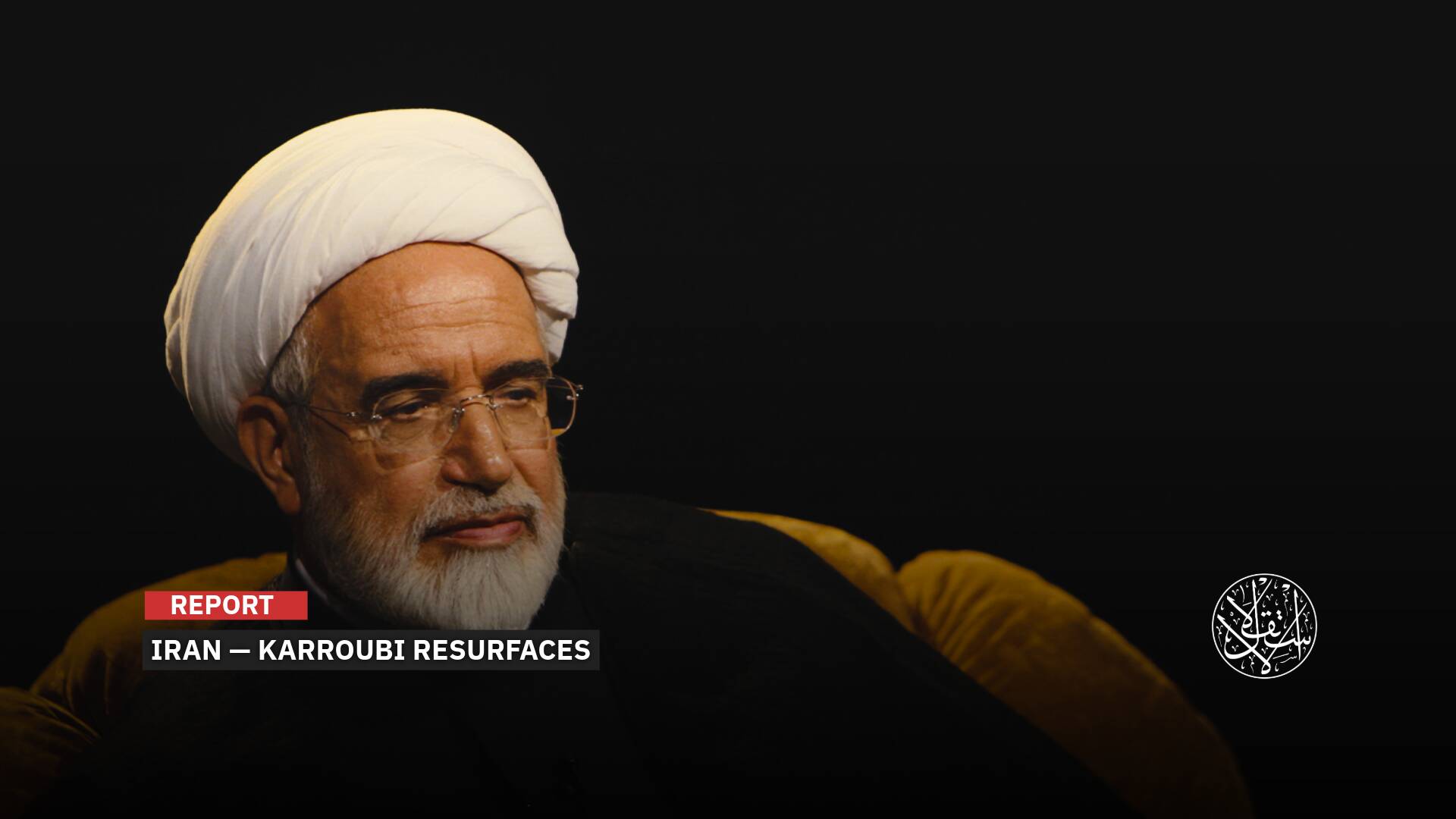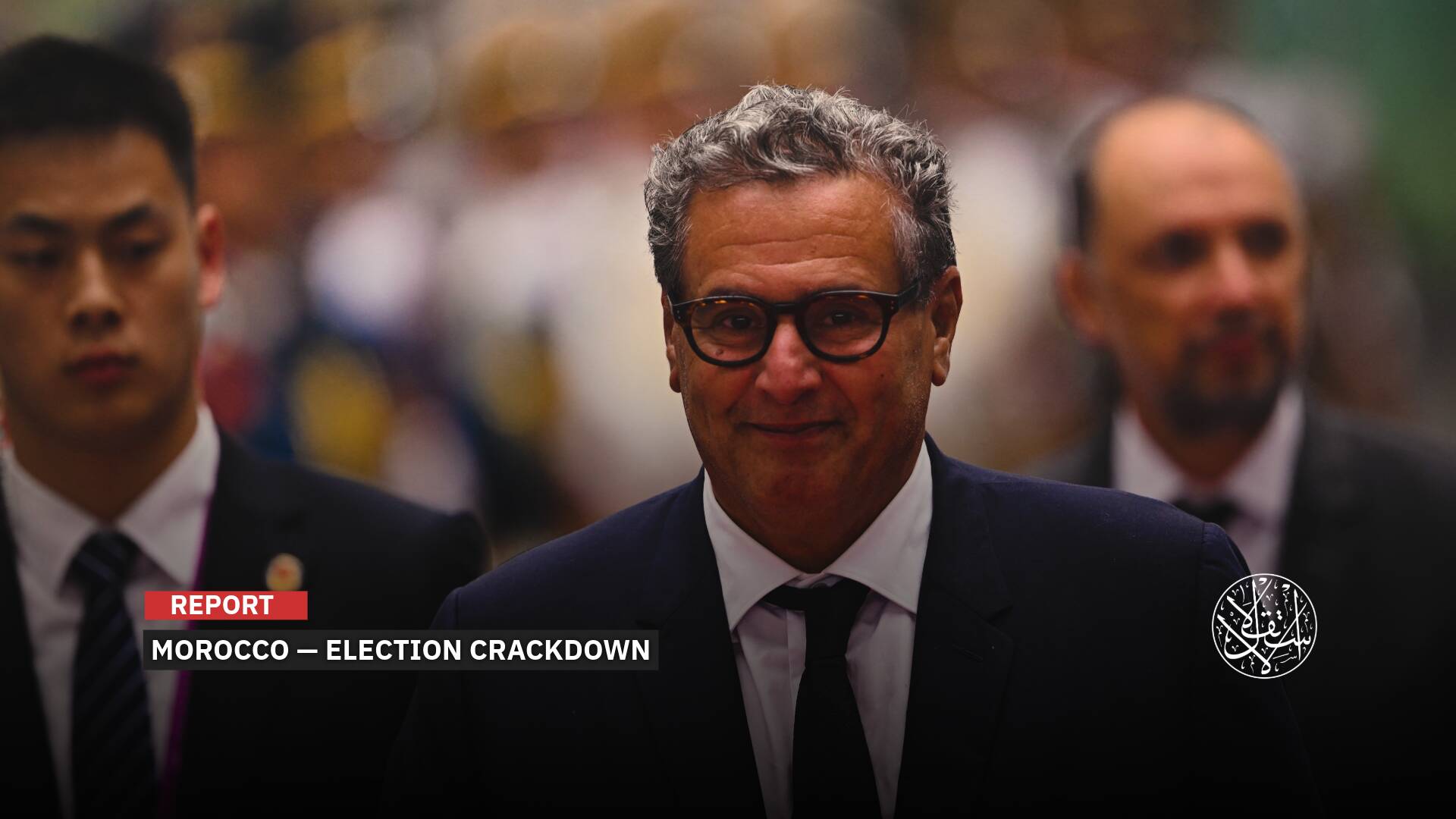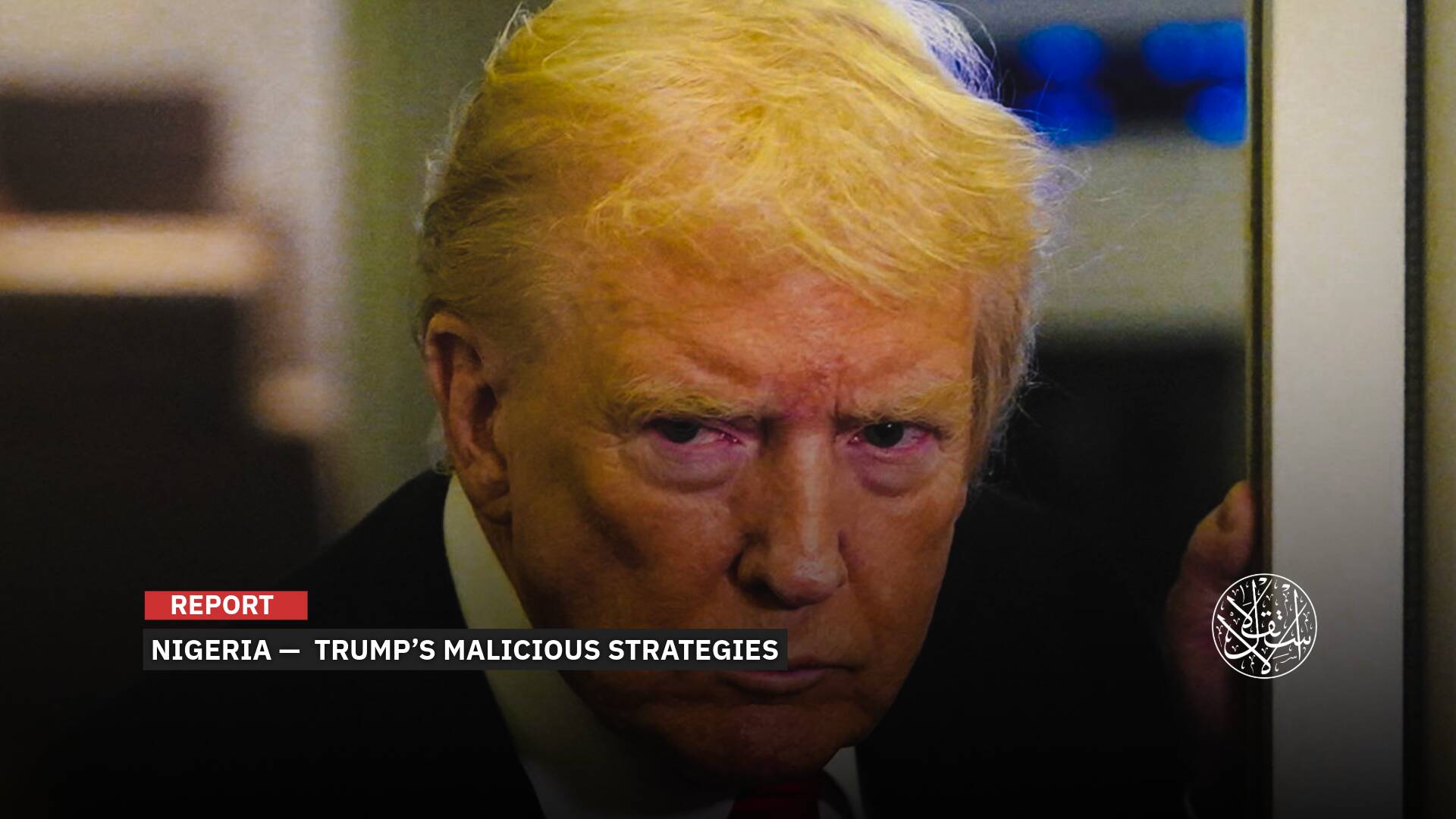The Spy War: This Is How Britain Thwarted a Russian Scheme to Target Its National Security

The United Kingdom has charged three people with crimes related to identity documents after they were arrested several months ago in the country as part of a wide security probe, while media reports speak of suspicion of spying for Russia.
The British announcement comes a day after Poland arrested two Russian citizens who were distributing propaganda materials about the Wagner Group in Warsaw and Krakow, the two largest Polish cities.
It also comes days after the German authorities arrested a citizen working in a sensitive government agency with the German army who tried to spy for Russia by transferring information he obtained from his professional activity to the Russian consulate in Bonn.
It is noteworthy that Russia has sought to strengthen its global spy network since President Putin, a former KGB officer, came to power in 2000, but its efforts haven’t always been successful, according to The Times.
Russian Clients
On August 15, 2023, the British police announced that they had charged two men and a woman with possessing false identity documents with intent to take advantage after the BBC reported that the three people were accused, earlier this year, of spying for Russia.
The BBC added in its report that the three defendants are from Bulgaria, and they are said to work for Russian security services, and they were arrested as part of a broad probe related to national security.
The Metropolitan Police confirmed that counter-terrorism police officers arrested five people last February under the Official Secrets Act.
The documents seized from the three individuals include: passports, identity cards, and other documents from the UK, Bulgaria, France, Italy, Spain, Croatia, Slovenia, Greece, and the Czech Republic.
They appeared before the Old Bailey Court in London last July, and the authorities decided to extend their detention for a later date, while the police refused to comment on whether they suspected them of spying for Russia.
The police statement said the three were Orlin Roussev, 45, who lives in Norfolk in eastern England, as well as Bizer Dzhambazov, 42, and Katrin Ivanova, 32, who live together in Harrow, northwest London.
The three lived in the UK for years and worked a variety of jobs.

The BBC indicated that Roussev had a history of business dealings in Russia and that he moved to the UK in 2009 and spent 3 years working in a technical role in financial services.
His profile on LinkedIn states that he later owned a company working in the field of signals, which includes the interception of communications or electronic signals. Roussev also mentioned that he once worked as an advisor to the Bulgarian Ministry of Energy.
While Dzhambazov describes himself as a driver for hospitals, and Ivanova describes herself as a laboratory assistant for a private health company, according to their LinkedIn profiles.
The couple, who moved to the UK about a decade ago, run an organization that provides services to the Bulgarian people, including introducing them to the culture and norms of British society.
They also worked for electoral commissions in London, facilitating voting in Bulgarian elections by citizens living abroad.
The other two arrested, a 31-year-old man from west London and a 29-year-old woman from North London, have been released on bail until September.
UK counter-terrorism police have spoken publicly about the increasing amount of time they spend suspecting threats to the state and countering espionage, particularly in relation to Russia.
Their concern follows incidents in recent years involving Russian intelligence operations in the UK.
In 2018, British police charged three Russians, who they say were GRU military intelligence officers, with attempting to kill former double agent Sergei Skripal with the military’s Novichok nerve agent. Two of them were charged in 2018, and the third was charged in 2021.
Skripal is a former colonel in the Russian military intelligence, recruited by the British intelligence (MI6), and was sentenced to 13 years in prison in his country after his arrest and exposure in 2006 before he and three other Western spies were exchanged by Russia for ten Russian spies who were arrested in the United States in 2010 as part of the largest spy exchange between the West and Russia since the end of the Cold War.
In 2006, former Russian intelligence officer Alexander Litvinenko was murdered in London after being poisoned by killers working for the Russian state.
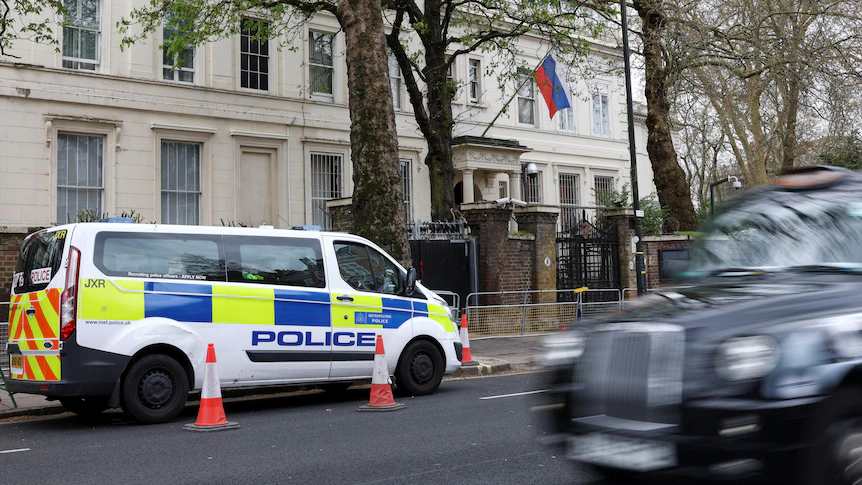
Foreign Threats
In a rare public appeal for new spies, the UK’s foreign intelligence chief, Richard Moore, last month publicly called on Russians disaffected by the attack on Ukraine to join his services in London.
Moore called on these Russians to do what others did during the past 18 months and join the UK, and said: “Our door is always open,” stressing that “the recruitment of spies will be done discreetly and professionally.”
In an interview with Politico, Moore asserted that the protection of such spies is “sacred trust.” Affirming that “if we could not [protect them], we would go out of business, and I can assure you that we are very much in business.”
It is noteworthy that the United Kingdom has sharpened all its focus on external security threats. Last month, it passed a new national security law aimed at deterring espionage and foreign interference with updated criminal tools and provisions.
When the law was passed, the British government called Russia the most serious threat to its national security.
In November, ex-MI6 agent Julian Richards said Moscow had become so effective at spying in the UK that intelligence agencies don’t know just how many rogue operatives are active in the UK.
Also last year, MI5 Director General Ken McCallum announced that over 600 Russian officials were expelled from European countries - over 400 of whom were suspected spies.
“This has struck the most significant strategic blow against the Russian Intelligence Services in recent European history,” he added.
He pointed out that MI6 was able to monitor 10,000 disguised attempts by foreign spies seeking to win over ordinary people in the UK.
'foreign spies have made more than 10,000 "disguised approaches" to "regular people" in the UK, trying to manipulate them with messages sent online.'https://t.co/wRgTcFB8oD
— Spy Blog (@spyblog) July 14, 2021
Head of #MI5 Ken McCallum warns 'regular people' being targeted by foreign spieshttps://t.co/IdyaGvdCGA pic.twitter.com/AK6nnkGpq1
However, intelligence experts suggested that there were more Russian agents who had not yet been discovered elsewhere in Europe.
In turn, lawyer Bassam Tablieh explained in a statement to Al-Estiklal that most countries, especially the leading ones, consider espionage to be a political matter and the duty of the state to protect its national security, which Russia has been doing for decades.
He added that the Russian threat now carries great risks due to the role of the United Kingdom in supporting Ukraine against the Russian invasion since February 2022, referring to Russian agents seeking to know the size and type of British support for Ukraine and searching for ways to disrupt this support.
In addition, the repercussions of the Corona closure and the Ukraine war caused many crises for the European economy, especially the British one, which in turn led to political crises and increased threats to the United Kingdom, according to Mr. Tablieh.
Retired MI5 officer, Annie Machon, agrees that the threat of Russian espionage is past Cold War levels.
The intelligence committee has already laid out that the perceived threat is rapidly developing and becoming more aggressive, she told The Sun, adding that it has surged since 2008.
“Russia has spent 15 years increasing its influence in the UK and not just through spies but through cash to access tactics used by oligarchs to buy political power,” Machon argues.

Spying in Europe
In a related context, Polish Interior Minister Mariusz Kaminski confirmed on August 14 that his country’s authorities had arrested two Russians on charges of espionage and propaganda for the Russian private military group Wagner.
Kaminski said, in a tweet on X, that “the Polish Internal Security Service identified two Russians and arrested them on charges of spreading propaganda for the Wagner Group in the cities of Krakow and Warsaw.”
“They were charged with espionage, and they were arrested,” he added.
Last July, Kaminski said his country had detained another member of a Russian spy network, bringing the total number of people rounded up in an investigation to 15.
In June, Poland detained a Russian professional ice-hockey player on spying charges.
In March, Poland announced that it had dismantled a Russian espionage network and apprehended nine individuals. The Polish government stated that these individuals were involved in planning acts of sabotage and monitoring rail routes to Ukraine.
A few days ago, the German Minister of the Interior, Nancy Faeser, announced the arrest of a German civil servant in Koblenz on charges of spying for Russia. It is the second time since the start of the war in Ukraine that Germany has been suspected of espionage for Russia.
In December 2022, the German authorities arrested a member of its intelligence service for passing information to Russian intelligence, and the following month they arrested his partner in espionage.

A former guard at the British Embassy in Berlin was sentenced to 13 years and two months in prison last February for being convicted of spying for Moscow in a case in which he pleaded guilty after he was caught red-handed.
The prosecution revealed that David Ballantyne Smith (58 years old) made the first contact with the Russian embassy in 2020, revealed details about the British embassy staff, and offered more communication.
Sources
- Suspected spies for Russia held in major UK security investigation
- Russian spies pose BIGGER threat than in the Cold War under ruthless Putin, warns ex-UK general after ‘spooks’ arrested
- Russia’s spy network: How Putin’s agents infiltrate the West
- MI6 door ‘always open’ to Russian defectors, says UK spy chief Richard Moore
- Germany arrests military aide suspected of spying for Russia
- Poland detains Russian spy, says interior minister



